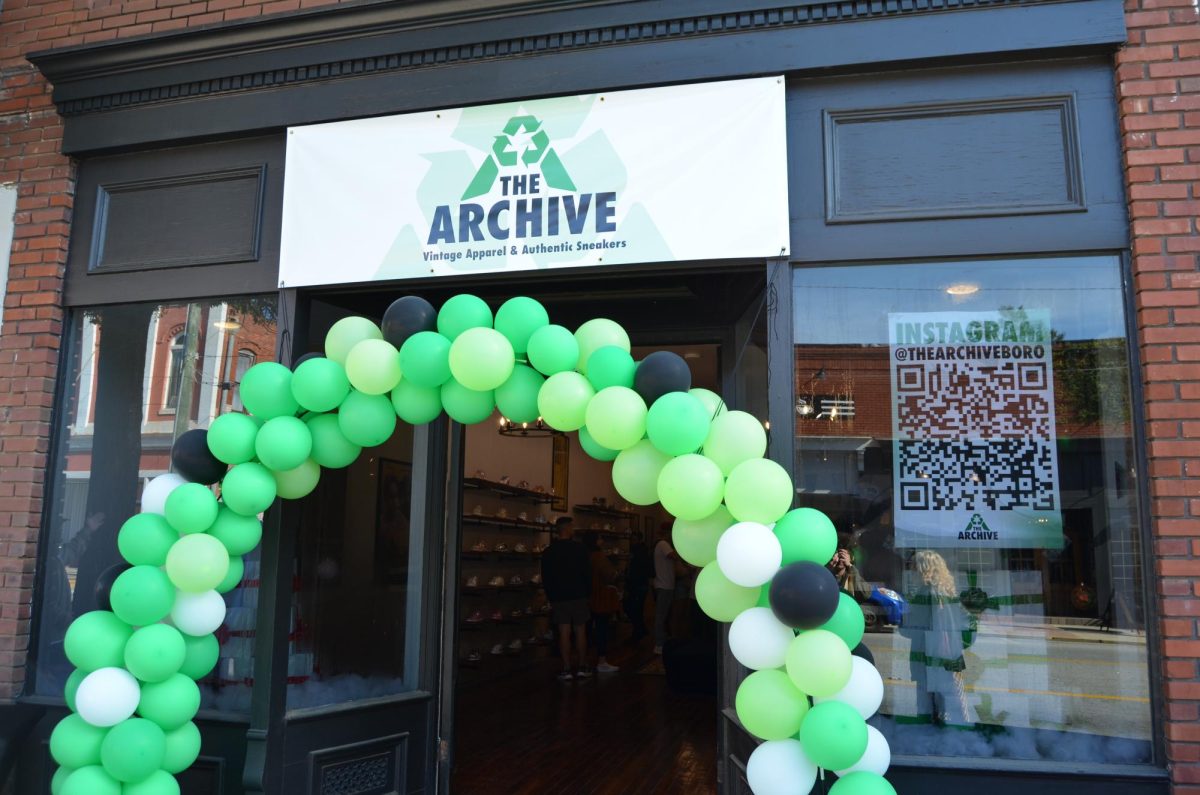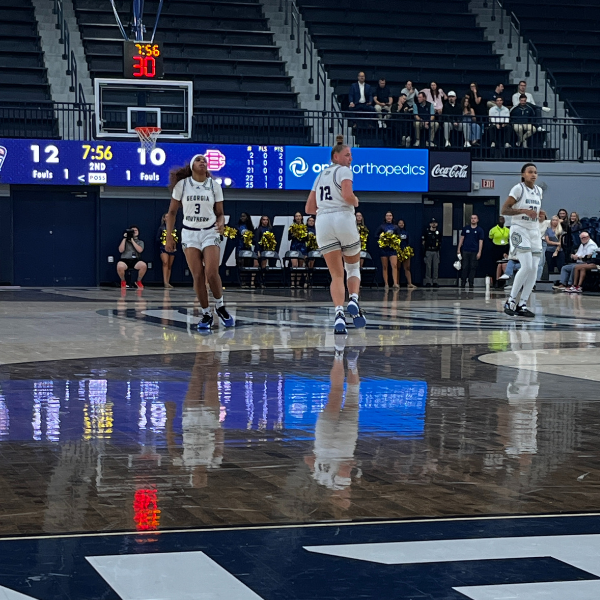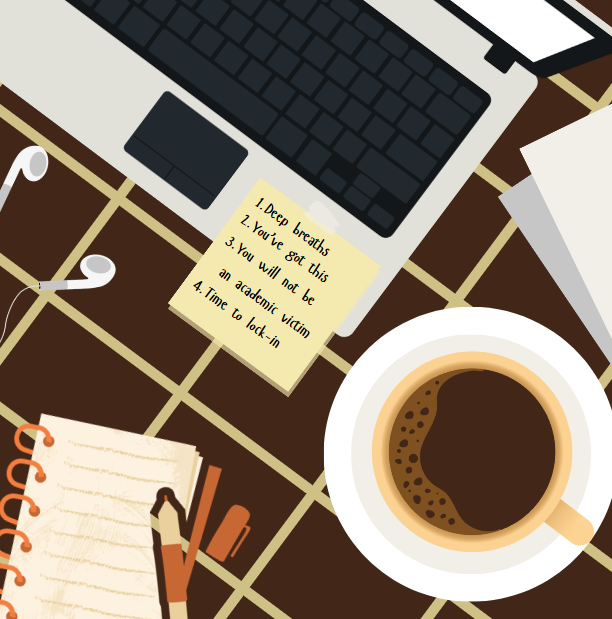Renting your first apartment is a major milestone in adulthood, but it’s crucial to do your homework and ask the right questions, as not all information will be handed to you. Lease signing season is in full swing and to help ensure a smooth rental experience, here are nine essential tips for first-time renters.
1. Understand lease terms and application fees
Starting the leasing process is not always a quick task— it can take anywhere from a few weeks to several months. Be sure to clarify if you’re signing a month-to-month lease or a longer-term lease. Additionally, application fees can range from $25 to $75 depending on the location, so be prepared for that upfront cost.
2. Know when rent is due and how to pay
While many landlords now accept electronic payments, some still require paper checks or money orders. Make sure you know exactly when rent is due each month and the preferred payment method. Paying early rather than waiting until the last minute can save you stress and avoid late fees.
3. Always get everything in writing
When it comes to repairs, special arrangements, or maintenance requests, never rely on verbal agreements. These can easily be forgotten or ignored over time. Always ask for things to be documented in writing to protect yourself and avoid any misunderstandings later.
4. Visit the apartment before signing
Photos can be misleading and you want to make sure the desired space meets your expectations. Plus that’s the time to check for damages which you can document.
5. Know your roommates financial responsibilities
If you’re signing a lease with roommates or other individuals, it’s crucial to clearly outline everyone’s financial responsibilities in writing. This includes agreeing on who will pay what portion of the rent, utilities, and any shared costs. Additionally, find out if you’ll still be held financially responsible if a roommate leaves or breaks their lease early. Having these details in writing can help prevent conflicts.
6. Check the lease for break clauses
A break clause allows either the tenant or landlord to terminate the lease early, but it often comes with fees. Some apartment complexes may not allow early lease termination at all, and leaving before the lease ends could negatively impact your credit.
7. Late penalties
Some apartments offer waivers for tenants who pay rent late, while others do not. Keep in mind that consistently paying late can negatively impact your credit, so it’s important to stay on top of your rent payments.
8. Consider renters insurance
Although renters insurance is typically an optional add-on, it provides valuable coverage for personal property loss, personal liability protection, and even expenses like hotel stays or transportation if you can’t stay in your apartment due to issues caused by a covered event.
9. The moving out process
The move-out process should be clearly outlined in your lease, including details about the inspection, the required notice period, and any outstanding payments. Make sure everything is documented in writing to ensure you can get your security deposit back if necessary.











